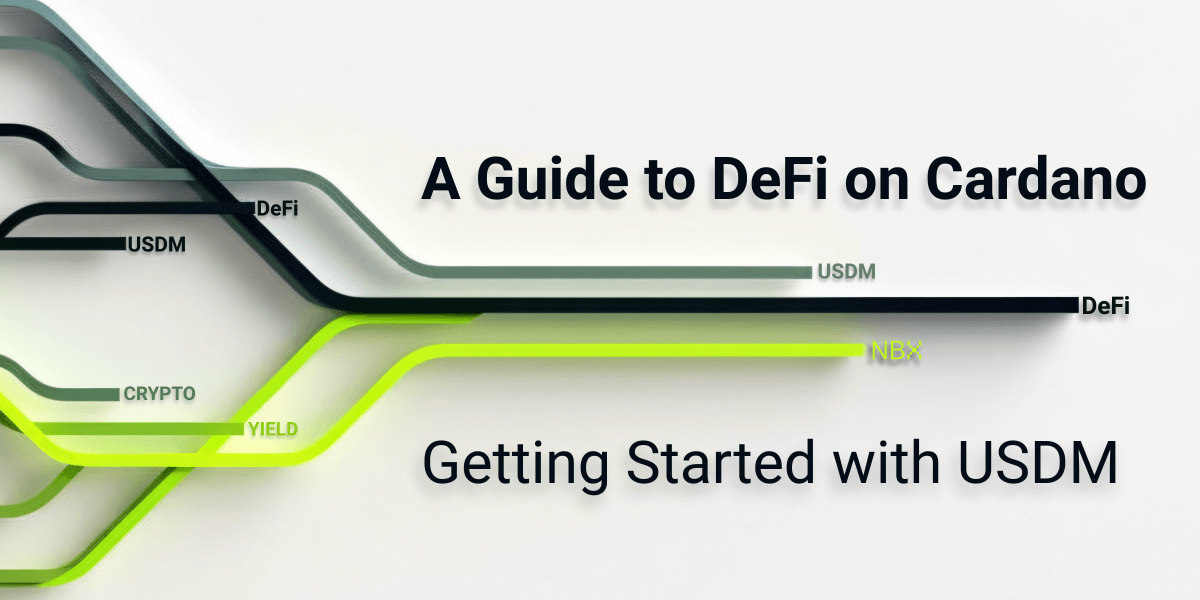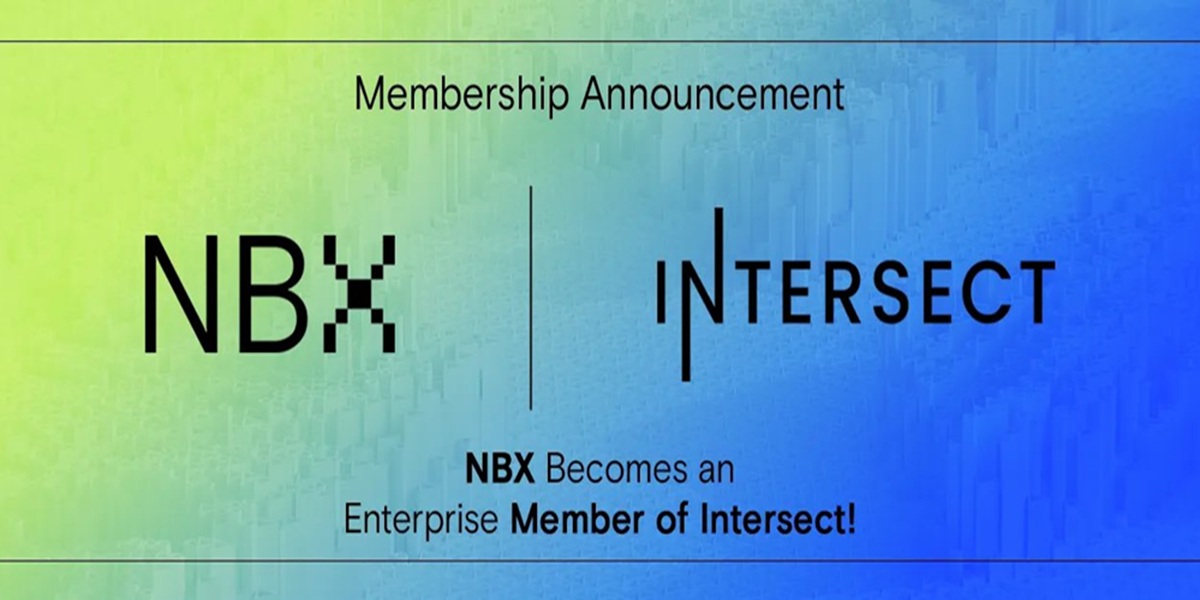Decentralized Finance or "DeFi", is the current movement driving most of the cryptocurrency industry's growth. Overall, its ultimate goal is to build a new blockchain-driven financial system that offers the same products that the current financial system does in a decentralized environment.
DeFi is often used to refer to the space that contains applications (DApps) on the Ethereum network that let you buy, sell, trade, borrow and earn interest on cryptocurrencies. Out of all of these examples, services that allow for “decentralized lending”(peer-to-peer services where you can borrow cryptocurrencies or supply them in return for interest) are the ones that launched the Ethereum DeFi movement to the heights it has reached today.
In short, no.
Truthfully, DeFi should be used to refer to anything that's a legitimate project in the cryptocurrency space since both crypto and "DeFi" have the same goal of making everything in the global financial system "decentralized" and "tokenized." If you’re unfamiliar with these terms, think “run by its users” and “hosted on the blockchain.”
"Decentralizing" and "tokenizing" the global financial system means both putting it all on the blockchain and in smart contracts. This, in turn, means allowing anyone to make any sort of investment, anytime, with the speed and reliability of a cryptocurrency network.
Though the DeFi movement is currently mainly under the umbrella of the Ethereum network, it's reasonable to expect it to take over the cryptocurrency space in the long term. Decentralizing the financial system means making it peer-to-peer run and, therefore, decentralized just as Bitcoin is.


